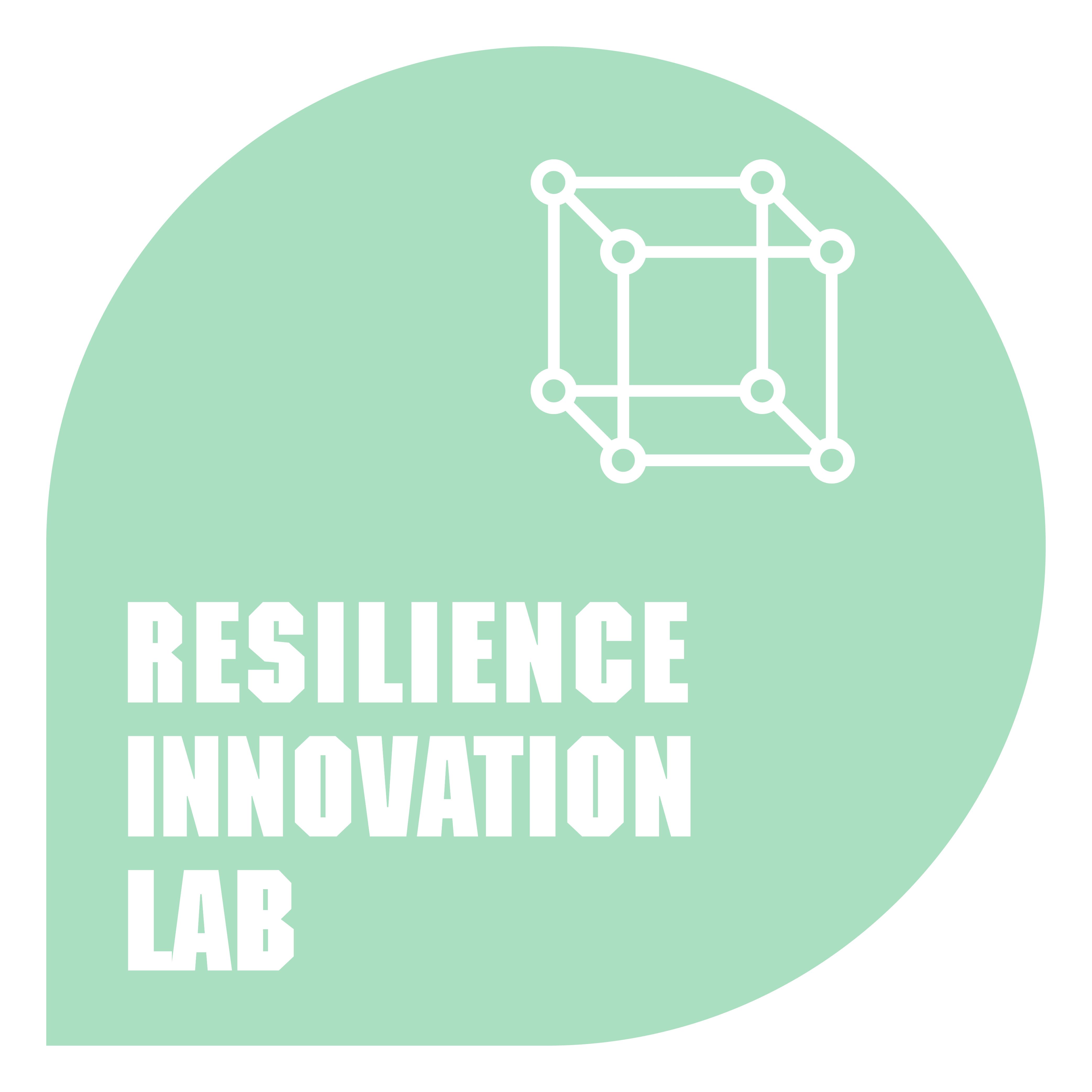
The information environment in Hong Kong has been further tightened in light of recent developments. The Ombudsman, traditionally regarded as a government watchdog, has removed decades’ worth of annual and investigative reports, along with other documents dated prior to 2023, from its website. The stated rationale for this action is the need for more effective website management.
As a result, the publicly accessible archive of the Ombudsman’s reports has been reduced from the previous ten years to merely three. Access to reports predating 2023 is now restricted and only available upon written request. Lawmakers from the “patriots-only” legislature have criticised this move, viewing it as a step backwards in terms of transparency and access to public information. Even Patrick Nip, former Secretary for the Civil Service in Hong Kong, commented that good governance “emphasises transparency, public engagement, and accountability”.
In response, the Ombudsman defended the decision as an effort to enhance the user experience of its website. However, this explanation has failed to alleviate public concerns that access to government data is being increasingly curtailed at the expense of transparency and accountability. The move also mirrors common strategies employed by authoritarian regimes to censor and control the flow of information.
Meanwhile, information professionals—particularly journalists—are facing new forms of harassment from government agencies. This week, the Hong Kong Journalists Association (HKJA) held a press conference alleging that the city’s tax authorities had targeted at least 20 journalists, including current or former media executives and their family members, with audits conducted without sufficient evidence.
The head of the HKJA argued that such actions by the government “do have a negative effect on Hong Kong’s press freedom… Press freedom not only means the ability for media and journalists to operate safely, physically… It also involves the business environment—whether it is sustainable for them to continue operating.” Reporters Without Borders, an NGO that monitors global press freedom, condemned the actions of the Hong Kong government as an “intimidation tactic to dissuade independent journalists from reporting”.
Administrative harassment is a well-known tactic employed by authoritarian governments to intimidate critics and dissenters using regulatory and legal measures, often under the guise of commercial or civil procedures. Such tactics allow governments to exert pressure on targeted individuals—many of whom may have limited resources—without formally charging them with speech-related offences.
The recent developments serve to confirm the concerns we raised in our earlier report.
We encourage you to share this report with stakeholders in your network and to continue monitoring the authorities’ performance in upholding the freedom to access and disseminate information.
Download the Chinese version of the report here.
Download the English version of the report here.
香港資訊環境進一步收緊
隨着近期發展,香港的資訊環境進一步收緊。素有政府監察機構之稱的申訴專員公署,近日從其網站上移除了數十年來的年報與調查報告,以及2023年前的其他文件,理由是網站管理需更有效率。
此舉將原本可供公眾瀏覽的申訴專員報告紀錄由過去的十年縮減至僅三年,2023年前的紀錄如今只能透過書面申請索取。來自「愛國者治港」立法會的議員批評此舉為削弱透明度及限制公眾獲取資料的倒退行為。就連前公務員事務局局長聶德權亦指出,良好管治「強調透明度、公眾參與及問責」。
對此,申訴專員公署回應稱有關決定旨在提升網站的用戶體驗。然而,此解釋未能釋除公眾對政府資料獲取權益不斷削弱的憂慮。有關做法亦呼應了威權政權常見的手法——審查與控制資訊流通。
另一方面,資訊專業人士,特別是新聞工作者,亦面對政府機關的新型騷擾行為。本週,香港記者協會(HKJA)召開記者會,指控本地稅務機關在缺乏足夠證據下,對至少20名記者,包括現任或前任媒體高層及其家屬,進行審計。
記協主席表示,政府的行為「的確對香港新聞自由帶來負面影響……新聞自由不僅意味著記者和媒體能在身體上安全地工作……亦涉及營運環境,即他們是否有可持續的條件繼續經營」。國際新聞自由組織「無國界記者」則譴責港府此舉為「恐嚇手段,旨在阻嚇獨立記者繼續報導」。
行政騷擾是威權政府常用的策略之一,透過商業或民事程序中的監管與法律手段來打壓異見與對手,而非以言論相關罪名起訴。此類壓力策略可令資源有限的目標人士承受巨大壓力,同時避免招致更明顯的政治非難。
上述的發展,正印證我們在早前發表的報告所表達的憂慮。
我們鼓勵大家與你認識的持分者分享這份報告,持續監察當局在保障資訊自由和傳播資訊自由的表現。
報告全文(中文版):按此下載
報告全文(英文版):按此下載

Comments are closed